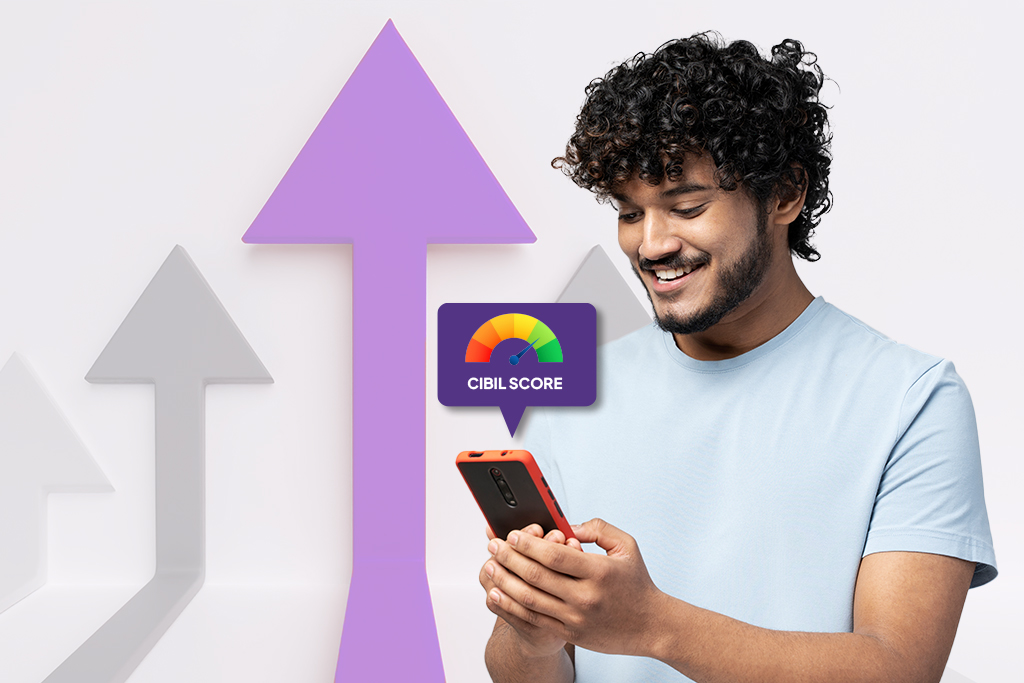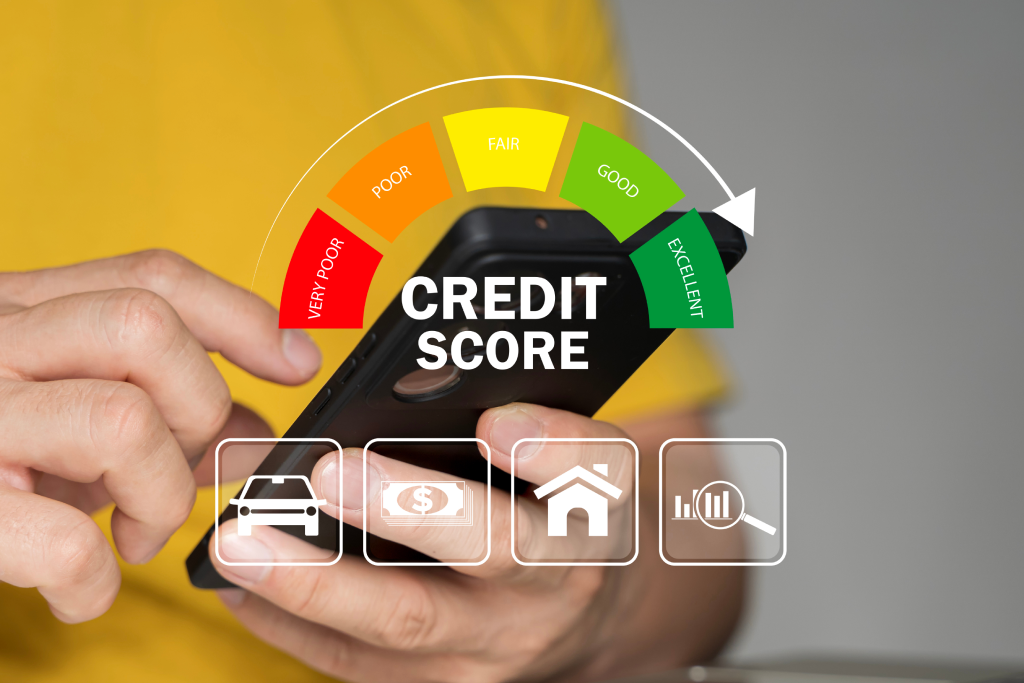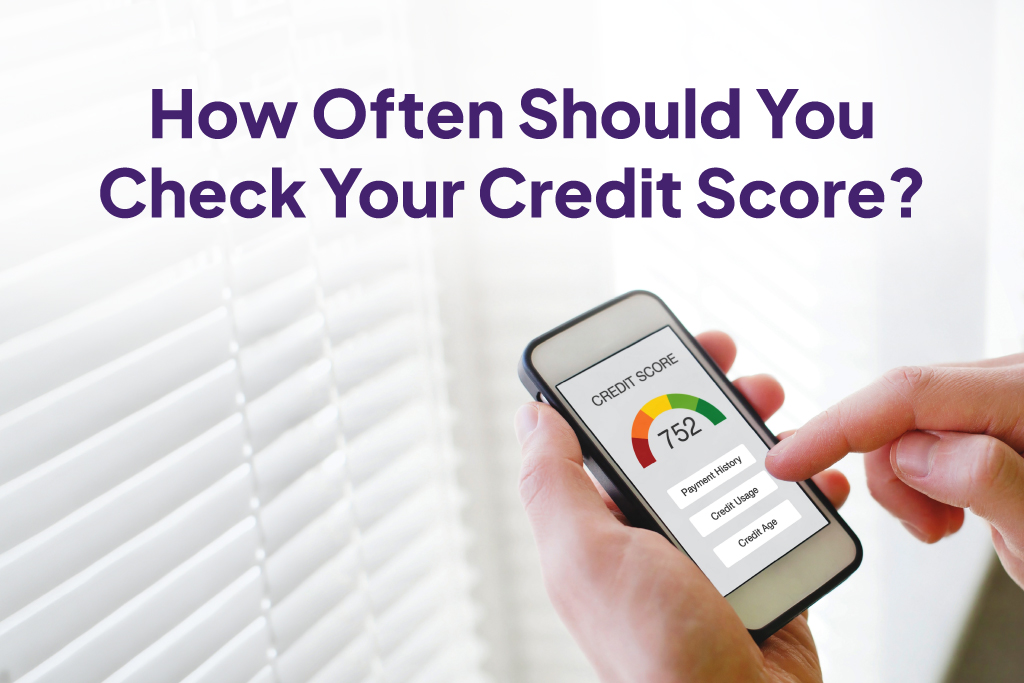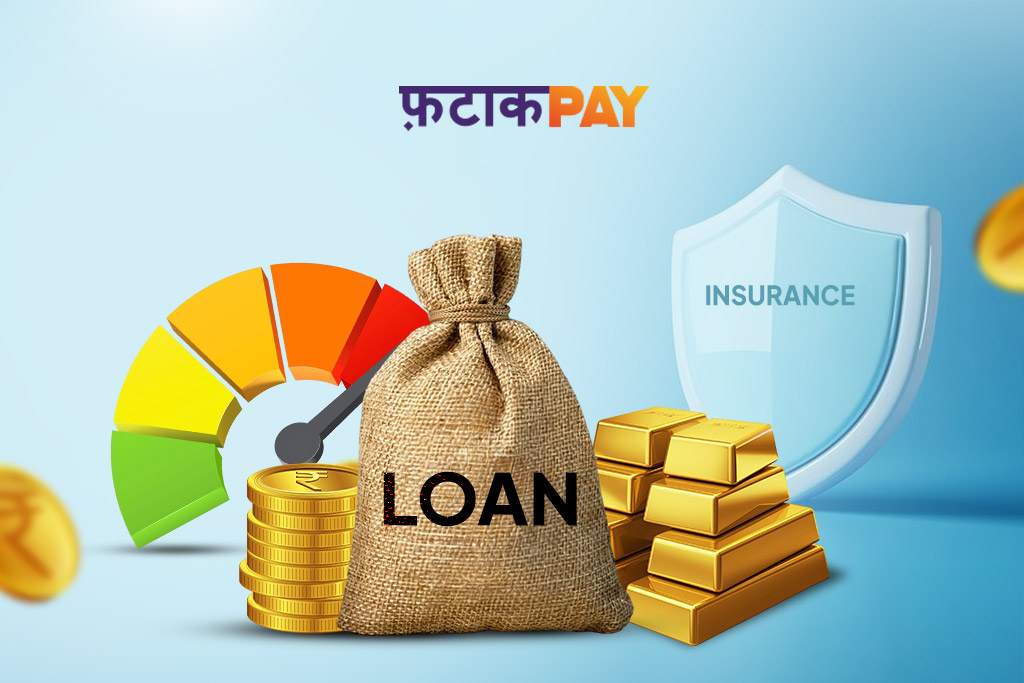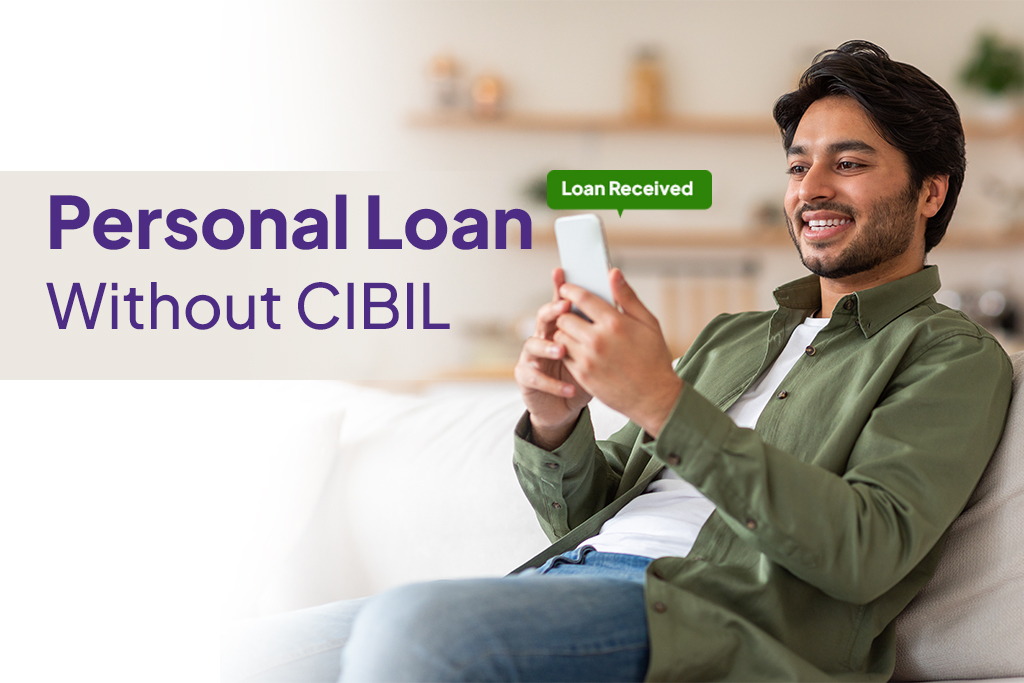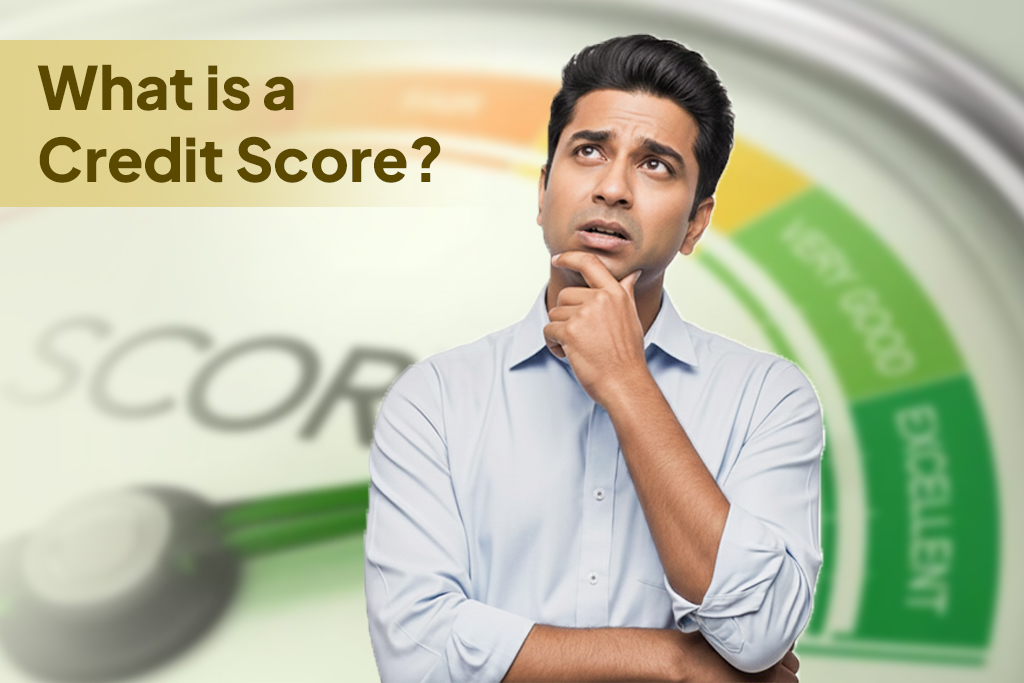Introduction
Your CIBIL score is more than just a number, it’s your financial fingerprint. Whether you’re applying for a personal loan, credit card, or mortgage, this score plays a crucial role in determining your creditworthiness.
Many borrowers, especially first-timers, often wonder what a good CIBIL score is, how it’s calculated, and how they can improve it. This guide will walk you through everything, from checking your score to understanding your CIBIL report and analysing what it says about your financial behaviour.
How Can I Check My CIBIL Score?
Checking your CIBIL score is quick, easy, and completely online. Here’s how:
- Visit the official CIBIL website or trusted financial apps.
- Enter your basic details like name, PAN, date of birth, and contact number.
- Verify your identity using an OTP.
- View your credit score and detailed CIBIL report instantly.
Alternatively, you can also check free CIBIL score using digital financial platforms like FatakPay, where you get real-time updates along with personalised insights to help you manage your credit better.
What Affects a CIBIL Score?
Several factors influence your CIBIL score. Understanding these can help you improve and maintain a healthy credit profile:
- Payment History: Timely EMI and credit card payments have the biggest impact.
- Credit Utilisation Ratio: Using less than 30% of your available credit limit signals financial discipline.
- Length of Credit History: The longer your credit history, the better your score.
- Credit Mix: A balanced mix of secured and unsecured loans reflects responsible borrowing.
- Multiple Loan Enquiries: Frequent applications for credit may lower your score temporarily.
Small, consistent actions, like paying on time and avoiding over-borrowing, go a long way in improving your CIBIL score.
What Are the Benefits of Having a Good CIBIL Score?
A good CIBIL score (usually 750 and above) opens doors to financial opportunities and benefits, such as:
- Faster Loan Approvals: Lenders prioritise borrowers with higher credit scores.
- Lower Interest Rates: A strong score helps you negotiate better rates.
- Higher Credit Limits: Trusted borrowers can access more credit when needed.
- Easier Approvals for Credit Cards: Higher chances of getting premium or instant cards.
- Better Financial Reputation: A strong credit history builds long-term financial credibility.
The benefits of a good CIBIL score go beyond loans, it shapes your financial trustworthiness in the long run.
Is 600 a Good CIBIL Score?
A score of 600 is considered fair, not good. While some lenders may still approve small loans or credit cards, you’ll likely face:
- Higher interest rates
- Lower loan amounts
- More documentation or guarantees
If your score is around 600, focus on improvement strategies, such as reducing outstanding debts and ensuring on-time payments, to reach the “good” range of 750 or higher.
Borrowers with low credit scores can still access funding via instant loan apps for low CIBIL scores like FatakPay, which assess multiple factors beyond just your score.
How to Check CIBIL Score on FatakPay
Checking your credit score through FatakPay is quick, safe, and free.
Here’s how:
- Open the FatakPay App (available on Android and iOS).
- Log in or sign up with your registered mobile number.
- Tap on ‘Check Credit Score’ in the dashboard.
- Instantly view your CIBIL score and credit health summary.
FatakPay not only helps you track your score but also suggests personalized steps to strengthen it.
How to Do Report Analysis
Your CIBIL report is a detailed breakdown of your financial behaviour. Here’s how to interpret it:
- Account Information: Lists your active loans and credit cards with repayment history.
- Enquiry Information: Displays how often lenders have checked your credit profile.
- Credit Utilisation Ratio: Indicates how much of your available credit you’re using.
- Payment History: Tracks timely and missed payments.
- Public Records (if any): Includes defaults or settlements.
Regularly analysing your report helps detect errors early, such as incorrect loan entries or outdated data and ensures your credit history remains accurate.
FAQs
1. How much credit score is good for loan approval?
A score of 750 or above is generally considered a good CIBIL score for personal loans or credit cards.
2. Can I check my CIBIL score for free?
Yes, you can check free CIBIL score once a year on the official CIBIL website or through platforms like FatakPay.
3. How can I increase my CIBIL score fast?
Pay EMIs on time, maintain low credit utilisation, and avoid frequent loan applications.
4. Can I get a loan with a low CIBIL score?
Yes, lenders like FatakPay consider other eligibility factors, making it a reliable instant loan app for low CIBIL score users.
Stay Credit-Ready with FatakPay
Your credit score is your passport to financial freedom. Whether you’re looking to check CIBIL score, analyse your report, or improve your credit health, FatakPay simplifies every step.
Stay informed. Stay financially strong.
Download the FatakPay App to check your score instantly and take charge of your credit future.
| Instant Loans by Amount | |||
|---|---|---|---|
| ₹1500 Instant Loan | ₹2500 Instant Loan | ₹5000 Instant Loan | ₹10000 Instant Loan |
| ₹12500 Instant Loan | ₹15000 Instant Loan | ₹17500 Instant Loan | ₹20000 Instant Loan |
